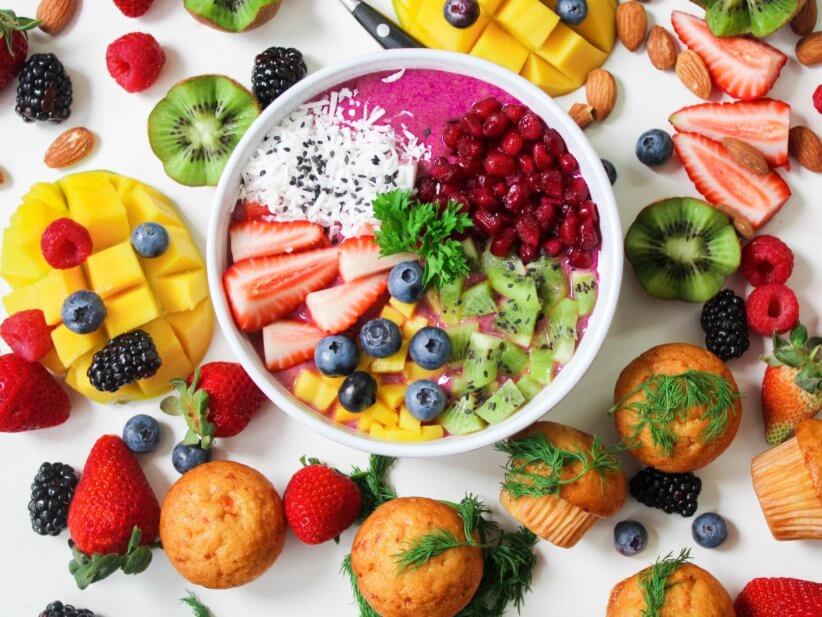New Year’s resolutions tend to focus on a few themes: Lose weight, stop smoking, and so forth. How about declaring some nutrition resolutions that will benefit your family now and in the future? Here are a few resolutions to try in 2017:
Plan meals more often. While it may appear you simply don’t have time to do this, once you get into the habit, you’ll realize how much time and money this ultimately saves. Meal planning can impact your family’s eating habits as much as anything else you do.
Get out of your recipe rut. Admit it: While you have an endless supply of recipes at your disposal, you cook less than 10 of them regularly. Set aside 30 minutes on the weekend to comb your trove of recipes. Prepare a shopping list with ingredients for one or two recipes you haven’t made in the last year. Try a new, healthful entrée once a week.
Keep an eye on your food-purchasing habits. Believe it or not, you’re likely buying more at this time of year than any other time. According to a study of more than 200 households in New York over the course of seven months, we buy roughly twice as many calories per serving in food in the first three months of the New Year than during the holidays. Despite New Year’s resolutions to eat better, consumers buy the healthy foods they promised themselves they would, along with the unhealthy foods they promised themselves they wouldn’t. Whoops.
Try a new vegetable each shopping trip. People who eat a wider variety of vegetables tend to be thinner, probably because they’re displacing higher-calorie foods. About half of all Americans’ vegetables are iceberg lettuce, potatoes, onions, and canned tomatoes. Have the kids help you with choosing something new and look up creative ways to prepare it.
Enjoy a familiar food in a new, unexpected way. Pizza is the second most common entrée Americans consume. The number one type? Pepperoni and cheese pizza. There are ways you can shift to a healthier pizza. Substitute vegetable toppings for the pepperoni and use smaller amounts of cheese. Some places even offer a whole-wheat crust.
Try some new seasonings. Explore the herb and spice aisle and bring home a few that sound interesting. While you’re at it, clean out your spice cabinet by tossing any that have lost their fragrance.
Clean out the refrigerator more often. At least once a month, pull everything out of the fridge and toss foods that are “questionable.” Wipe down the entire interior, then put things back with an eye on keeping more healthful foods front-and-center. Consider holding an end of week “buffet” in order to use up leftover foods before they go bad.
Try some new whole grains. Cook up a pot of barley, quinoa, buckwheat, brown rice, or wheat berries. Keep it in the fridge and warm up a bowl at a time for a rib-sticking breakfast once you add chopped fruit (frozen or fresh), nuts, and a teaspoon of sugar.
Put legumes on the menu every week. Enjoy legumes such as beans, peas, and lentils as a replacement for meat at least one day a week. They’re near-perfect foods with loads of fiber, protein, folate, potassium, iron, and other vitamins and minerals. Replace that side of rice, potatoes, or noodles with beans or lentils. Cook up a pot of chili or bean soup in your slow cooker, and there’s dinner for a few days. Or make a bean salad.
Switch from tuna to salmon. Canned salmon has more healthy omega-3 fats than canned tuna and the salmon is almost always wild.
Christine M. Palumbo is a registered dietitian nutritionist in Naperville, Ill. Her nutrition resolutions are to use her slow cooker more often and to finally “nail” her homemade pizza recipe.





















